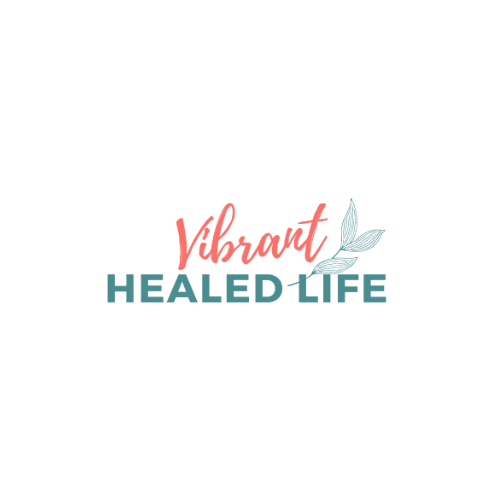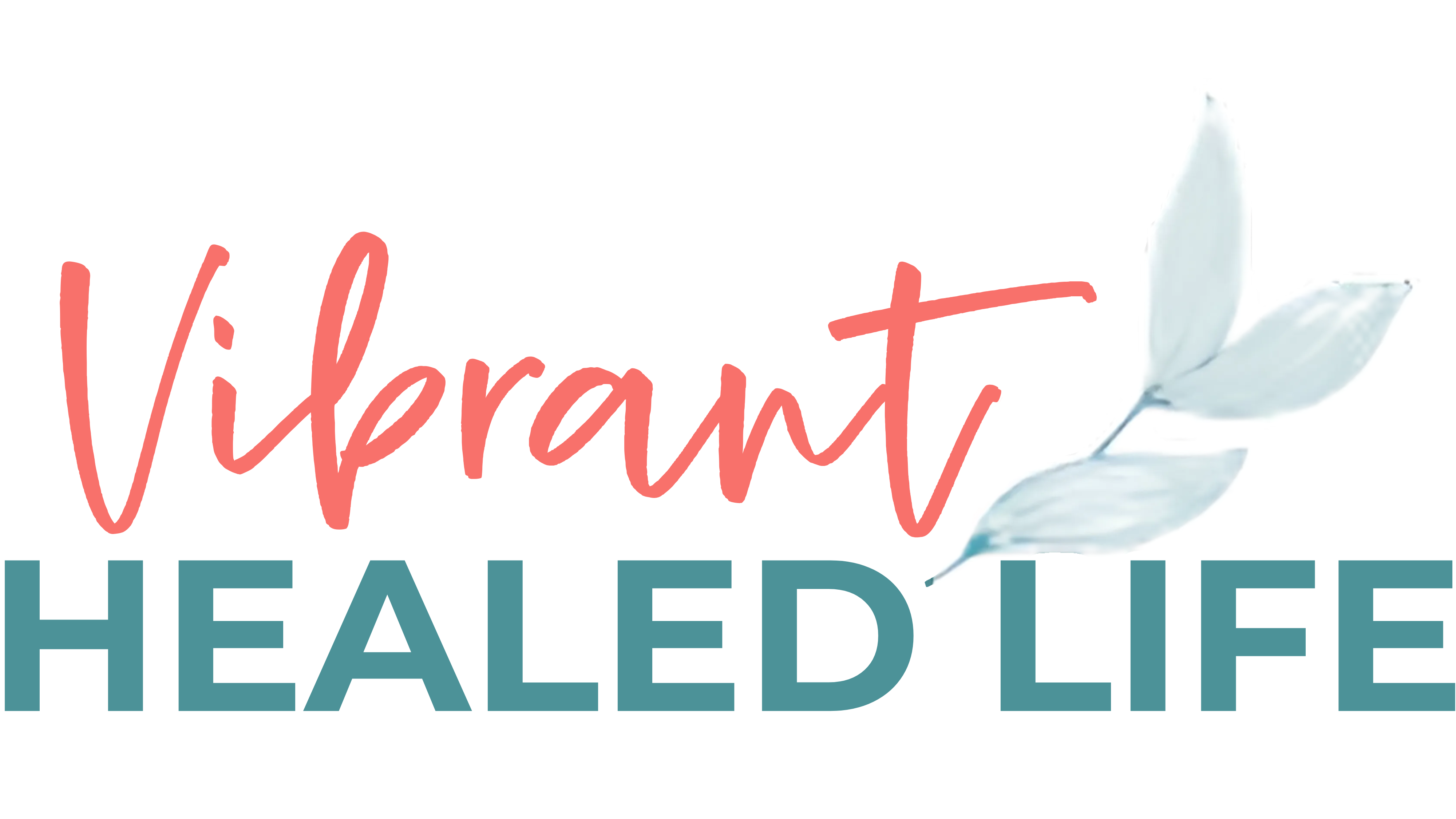Discovering Hope and Finding Support in the Face of Health Challenges
Hey there!
Welcome to this cozy corner where we share stories, heartfelt thoughts, and how to stay strong no matter what happens. I'm Leanna, and I'm super excited to have you join me on this adventure as I tell you about the things I've learned from dealing with lots of health challenges.
Life can be tricky, you know? It surprises us with things we don't expect, and it can be totally overwhelming. For me, these hurdles have come in the form of various health battles—physically, emotionally, and spiritually. But instead of letting it get the best of me, I decided to learn and grow and become even stronger.
I want to help you feel better, get inspired, and find good advice if you're going through your own health challenges. Maybe you're the one who's sick, or maybe someone you love is having a tough time. Or maybe you just want to understand people better. Whatever it is, you're totally welcome here, and I'm sending you a big virtual hug!
So, my friend, grab a cup of tea or coffee, get comfortable, and come with me on this fascinating journey of learning wisdom and increasing strength. We'll talk about ways to navigate our seemingly rollercoaster health, learn from each other, and come out even braver, smarter, and full of energy.
With warmth and compassion,
Leanna


Surviving Mono & Epstein-Barr Flares: Your Ultimate Guide
Introduction:
“Bleep, bleep”, my alarm jangled me awake. Groaning, I struggled to get out of bed, but every muscle in my body was screaming “Hold still or I’ll stab you with a knife” Sounds dramatic I know but that's what it felt like..
My hands and feet felt weird… looking at them, squeezing them, I could see they were swollen. Placing my feet on the floor, I took a few steps toward the bathroom and was like, “What in the world?”
Are the bottoms of my feet hurting too? Yes, yes they were. This was the Fall of 2016.
And this flare I just described? Bloodwork showed early signs of RA rheumatoid arthritis, and I got a rheumatologist referral out of it. It was the most agonizing 2 weeks of my life- EVERY single part of me ached with anything I did.

And, It was” just” a flare.
Hi and welcome! Today let's look at medical flares - what they are, how we get them, and if you stick around to the end… what YOU can do to prevent them and manage them.
Have you ever woken up and realized that you’re getting sick? The throat is on fire, lymph glands are swollen or your head is pounding? Doing fine one day, and the next is back to ground zero. It could be a FLARE.
What is a medical flare?
A sudden worsening of a chronic medical condition, especially those associated with inflammation. These could be conditions such as rheumatoid arthritis, lupus, inflammatory bowel disease or IBD, Mono, Epstein Barr, or conditions like COPD or asthma.
The concept of a flare is not limited to a specific set of symptoms but rather depends on the underlying condition. For example: in the story, I told you at the start of this email, I had had 2 weeks of excruciating pain and was headed toward an RA diagnosis, I had increased joint pain, swelling, and stiffness.
In IBD, it could mean an increase in diarrhea, abdominal pain, and other digestive symptoms.
For Hashimotos, it could be fatigue along with weight gain, cold sensitivity, mood changes, and difficulty concentrating.
In Mono and Epstein Barr, it could be a return of sore throat, fever, fatigue, swollen lymph nodes, headache, and for some, brain fog.
As you can see, depending on the underlying condition, the symptoms can vary widely. It's important to note that flares in these conditions can vary in intensity and duration. Not everyone with these conditions will experience flares, and when they do occur, the symptoms can be unpredictable.
Now that you know
1. what a flare is,
2. some of the medical conditions that cause a flare, and
3. the symptoms,
let's look at the triggers that can cause this to happen.
I have a match. In my house. Does this automatically mean I will have a fire? Does lighting the match mean my house will burn up in flames? It depends… on how I handle it, and how much fuel the flame has to burn. Does this match light on its own? No, it needs a spark, or a trigger to get it going.
Next, I’m going to tell you some things that act as triggers and fuel in our lives.
9 Triggers that cause flares
Triggers for flares in conditions like Hashimoto's thyroiditis, Epstein-Barr virus (EBV) infection, mononucleosis (often caused by EBV), and rheumatoid arthritis can indeed vary from person to person, but there are some common factors that are known to contribute to flare-ups in these conditions along with some ways to manage them:
1. Stress: Stress can worsen symptoms and trigger flares in many chronic conditions, I know this is a big one for me. Managing stress through relaxation techniques, mindfulness, or counseling can be beneficial. Learn how to say “NO” to things, and reschedule appointments if needed.
2. Infections: Infections, including viral and bacterial infections, can trigger or worsen flares. In the case of EBV and mononucleosis, these conditions are caused by viral infections. Staying vigilant about hygiene and taking preventive measures may help reduce the risk of infections.
3. Diet and Nutrition: Poor dietary choices can impact these conditions. Some individuals find that certain foods may trigger flares or worsen symptoms. A balanced and anti-inflammatory diet can be helpful.
4. Medication & Hormone changes Altering a medication or missing doses can lead to flares. Hormone fluctuations, such as those related to the menstrual cycle, pregnancy, or menopause can impact it as well.
5. Environmental Factors: Environmental factors like exposure to extreme cold or heat, allergens like tree pollen or animals, or pollutants such as chemicals and vehicle exhaust can affect symptom severity.
6. Physical Activity: Overexertion or excessive physical activity can trigger flares, It's important to maintain a balance between staying active and avoiding overexertion. I want to note here: it's important with Epstein Barr and Mono too.
7. Sleep Patterns: Inadequate or disrupted sleep can contribute to flares.
8. Drugs, Alcohol, and Smoking or Vaping: These are obvious. Some say alcohol in moderation is okay- you’ll have to see how your body responds.
9. Emotional Well-being: This could be what I call: BIG Life Changes. Moving, Marriage, Divorce, Death, Scary Illness, New Job. etc. All of these can impact the severity of symptoms. Managing emotional health through therapy or support groups can be beneficial.
Whew! After that list, I feel like the dog could bark too loud and trigger a flare.:) It's essential to remember that these triggers can interact in complex ways, and what sets off a flare in one person may not do the same in another.
Additionally, individual responses to triggers can change over time. Therefore, working closely with healthcare providers to identify and manage specific triggers for your condition is crucial for long-term symptom control and overall well-being.
Nutritional support during a flare
Nutritional support during a flare of a chronic condition can help manage symptoms and promote overall well-being.
There was a list of 13 items I could put here but if you’re like me, if its too long, my eyes will glaze over and my ears shut off. So I’ve condensed it into what I think are the MAIN things to focus on.
1. Anti-Inflammatory Food: I mean, it makes sense that since a flare causes inflammation maybe anti-inflammatory food would help.
Many chronic conditions, including autoimmune diseases like rheumatoid arthritis, benefit from anti-inflammatory foods. Focus on nutritious foods such as fruits, vegetables, fatty fish (like salmon and mackerel), lean meats, nuts, seeds, and whole grains.
**I’m already gluten-free, but when I’m in a flare, there are 2 foods I avoid like the plague. Potatoes and Eggs. I know, such a pain but at least I know. This is the case for me, might be different for you. You’ll need to figure out which foods are inflammatory for you.
2. Omega-3 Fatty Acids: Omega-3 fatty acids, found in fatty fish, flaxseeds, chia seeds, and walnuts, have anti-inflammatory properties and may help reduce symptoms during a flare.
3. Vitamin D: Vitamin D plays a role in immune system regulation. Some individuals with autoimmune conditions may have lower vitamin D levels. I recommend sunshine and vitamin D3 with K2 to ensure it's absorbed where you need it.
4. Herbal Teas: Herbal teas like ginger, turmeric, and chamomile may have anti-inflammatory and soothing properties. These can be beneficial for individuals with digestive issues or inflammation. My personal favorite is Lemon Balm. There are SO MANY fantastic benefits in that tea but the one I use the most is found in the book Kiss Fatigue Goodbye
In short, a flare is a temporary increase of symptoms- which could be fatigue, sore throat, aches, pains, and brain fog- depending on what underlying condition you have.
We talked about the triggers that can set it off, and how you can use FOOD as medicine to support your body through it. Don’t fear it, prepare for it and snuff it out when it happens!
Become a VHL Insider. Get Private Emails and Content that is Unavailable Elsewhere.
Become a VHL insider by submitting your info- with FREE access to premium insights deposited with ❤️ to your inbox. You also agree to our Terms and Privacy Policy. Unsubscribe anytime.
COMPANY
BOOKS
CONTACT US
1-705-230-8814
RR 2, Tara, Ontario, Canada N0H 2N0

IF THIS IS YOU:
Autoimmune conditions, SIBO, Hashimotos, MS, Lupus, Hypothyroid, GERD, Bursitis, Lyme, Insomnia, Fibromyalgia, Joint Aches, Pain, Rashes, Headaches, Endometriosis, Migraines, Rheumatoid Arthritis, Congenital Heart Defect, Psoriasis, Heel Spurs, Pre-Menopause, Geographical Tongue and Epstein Barr? Welcome.
Privacy Policy Terms Of Service © 2023 Vibrant Healed Life. All Rights Reserved.

